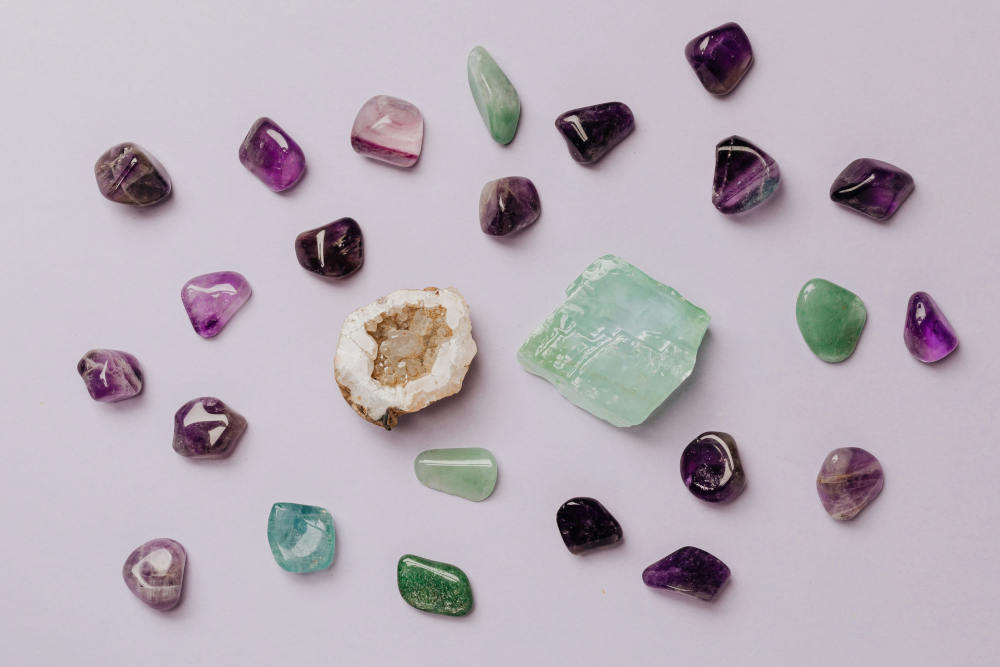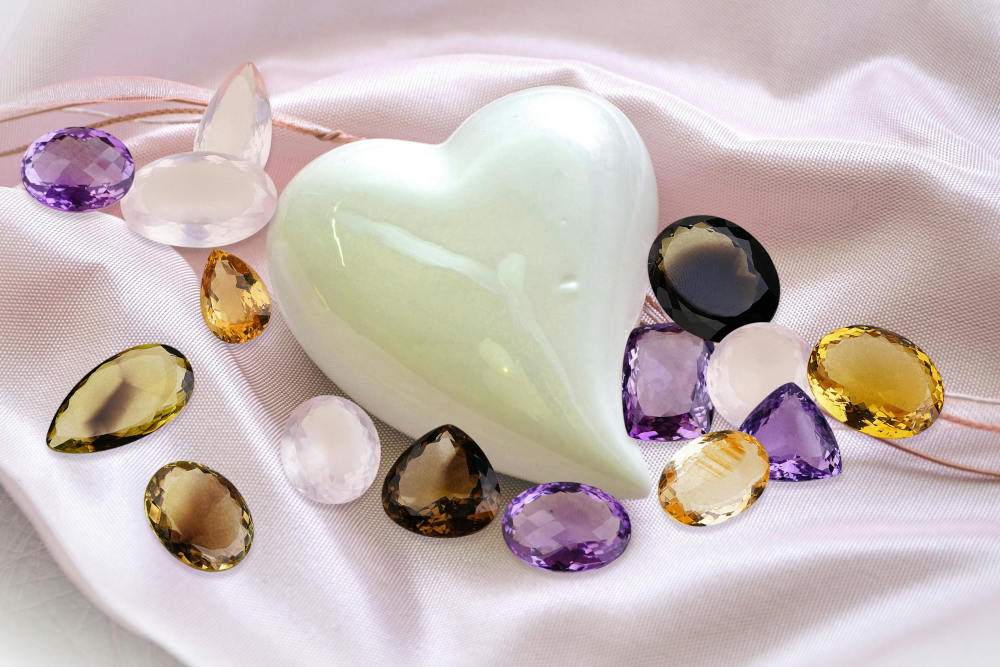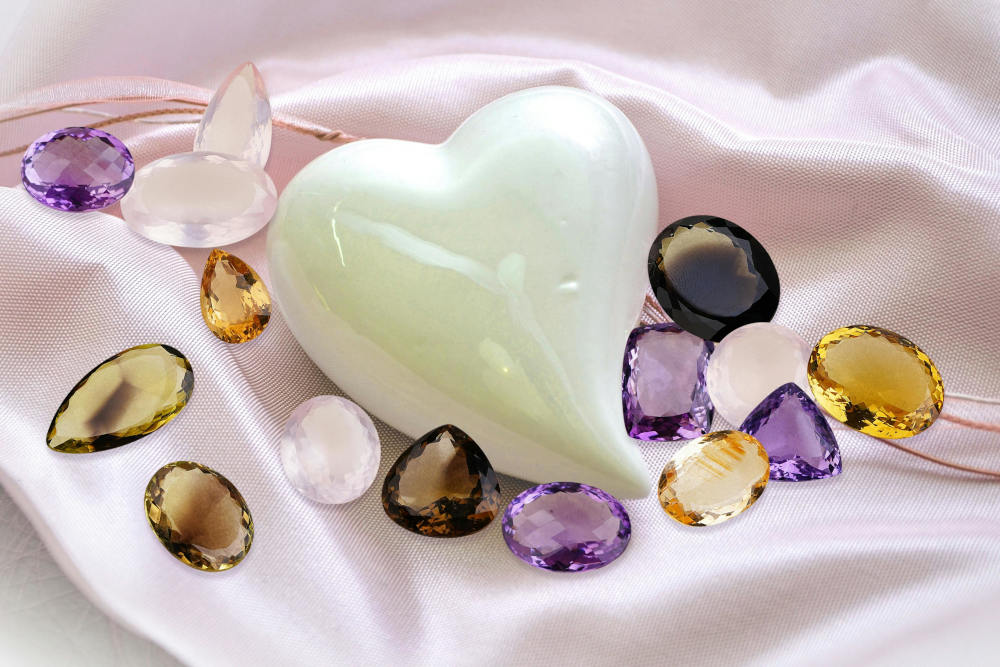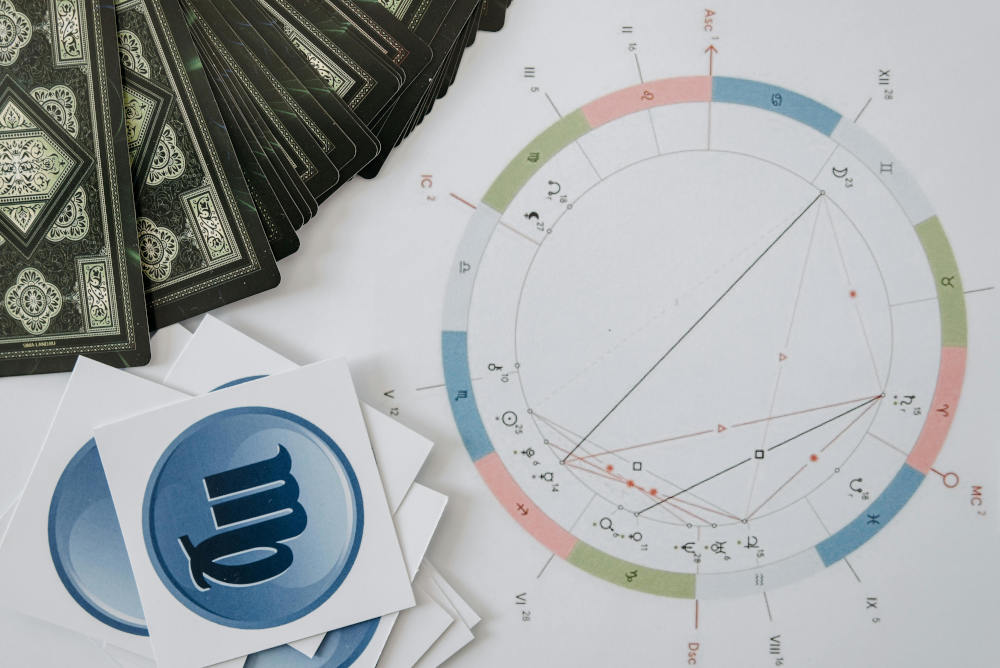
Eddie Bauer is an American fashion retailer founded in 1920 in Seattle, Washington, by Eddie Bauer. The multinational clothing-retail company creates apparel, footwear, and gear for men, women, and children.
Eddie Bauer makes clothing, accessories, shoes, and eyewear. It operates more than 370 stores and has 7,000 employees in stores, factories, logistics, brands, and subsidiaries.
Eddie Bauer is an adventure-driven brand that innovates for more sustainability and inclusivity. It uses materials and methods that minimize impact and builds an outdoor culture for everyone.
Panaprium is independent and reader supported. If you buy something through our link, we may earn a commission. If you can, please support us on a monthly basis. It takes less than a minute to set up, and you will be making a big impact every single month. Thank you!
Sustainability Rating: 3/10
Rating FAQ
Category: Clothing, accessories, shoes, bags
For: Women, men, children
Type: Basics, denim, knitwear, activewear, underwear, loungewear, outerwear, sandals, boots, flats, sneakers
Style: Casual
Quality: Medium
Price: $$
Sizes: petite, XS-2XL, 2-14 (US), 4-16 (UK), 34-44 (EU), 6-18 (AU), plus
Fabrics: Cotton, linen, hemp, ramie, jute, lyocell, modal, viscose, acetate, polyester, nylon, spandex, polyethylene, polypropylene, acrylic, neoprene, polyurethane, rubber, leather, wool, down
100% Organic: No
100% Vegan: No
Ethical & Fair: No
Recycling: Yes
Producing countries: not transparent enough
Certifications: Bluesign, RDS, FSC
Sustainability Practices
Eddie Bauer takes wide-ranging measures to preserve natural resources and the environmental conditions that allow its community of outdoor enthusiasts to thrive.
Eddie Bauer only uses a small proportion of organic materials such as organic cotton and hemp or recycled materials such as recycled polyester and regenerated nylon.
Il still uses many natural without relevant certifications, such as regular cotton or linen, or synthetic petroleum-based fibers such as polyester, nylon, acrylic, and more.
Eddie Bauer also uses a small amount of semi-synthetic fibers or regenerated cellulosic fabrics such as Tencel lyocell, modal, acetate, and viscose. Tencel is an eco-friendly fiber made with wood pulp from certified sustainable forests.
Eddie Bauer doesn't publish a list of all its manufacturers and processing facilities on its corporate website. It doesn't disclose how it chooses its network of suppliers.
The 2021 Fashion Transparency Index gave Eddie Bauer a score of only 3% based on how much the group discloses about its social and environmental policies, practices, and impacts.
The American clothing retailer doesn't show any labor certification standard that would ensure good working conditions, decent living wages, health, safety, and other important rights for workers in its supply chain.
Eddie Bauer has a code of conduct that applies to all its suppliers and subcontractors. Eddie Bauer assesses compliance with its Code of Conduct by informal visits or third-party audits with or without notice.
Eddie Bauer doesn't use any exotic animal skin, hair, fur, or angora. But it uses leather, wool, and down feathers to manufacture many of its clothing pieces.
These animal-derived materials are cruel and unethical. They also harm the environment by producing greenhouse gases and waste. More sustainable alternatives exist.
Sustainability Goals
Eddie Bauer plans to measure GHG emissions from its operations and products by 2023 and set aggressive targets to reduce them. It will power its offices and stores with at least 80% renewable electricity by 2025 and 100% by 2030.
Eddie Bauer plans to have 50% of the cotton fiber used in its products as certified organic cotton, organic-in-conversion cotton, or recycled cotton by 2025 and 100% by 2030.
Eddie Bauer wants to make 50% of fabrics used in its products will be bluesign approved by 2025 and 100% by 2030. 50% of polyester and nylon fiber will be made of recycled content by 2025 and 100% by 2030.
Eddie Bauer plans to develop and implement a Restricted Substances List (RSL) program by 2023 to resolve 100% of RSL failures by 2030.
Eddie Bauer has committed to sourcing 50% of rayon, modal, and lyocell fibers used in its products from recycled content or agricultural waste inputs by 2025.
Eddie Bauer will have 50% of all plastic packaging by weight from Post-Consumer Recycled (PCR) content by 2025.
Buy Here
Discover Eddie Bauer's sustainable collections at EddieBauer.com.
Reviews And Experiences With Eddie Bauer
Have you had (good) experiences with shopping at or the products of Eddie Bauer? Then leave us your rating below.
What We're Up Against
Multinational corporations overproducing cheap products in the poorest countries.
Huge factories with sweatshop-like conditions underpaying workers.
Media conglomerates promoting unethical, unsustainable products.
Bad actors encouraging overconsumption through oblivious behavior.
- - - -
Thankfully, we've got our supporters, including you.
Panaprium is funded by readers like you who want to join us in our mission to make the world entirely sustainable.
If you can, please support us on a monthly basis. It takes less than a minute to set up, and you will be making a big impact every single month. Thank you.






























0 comments